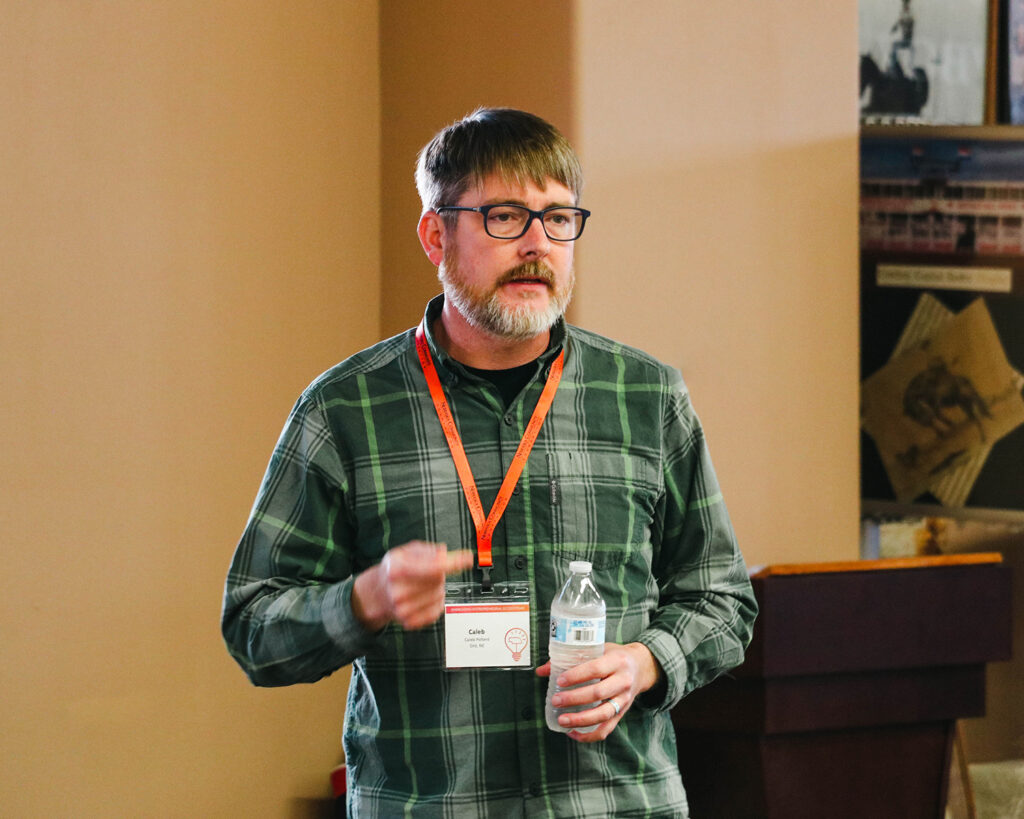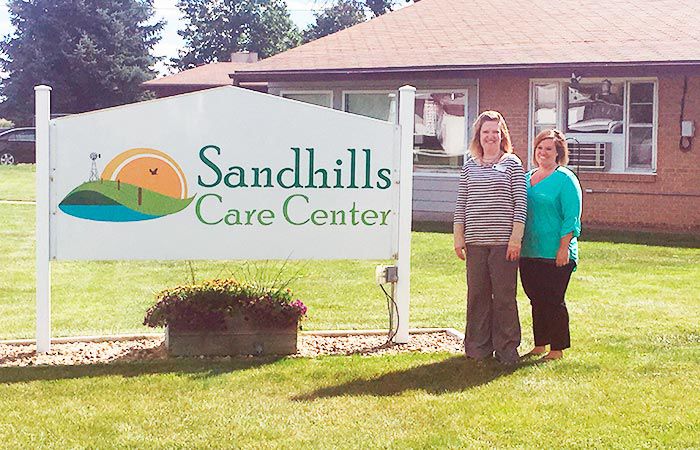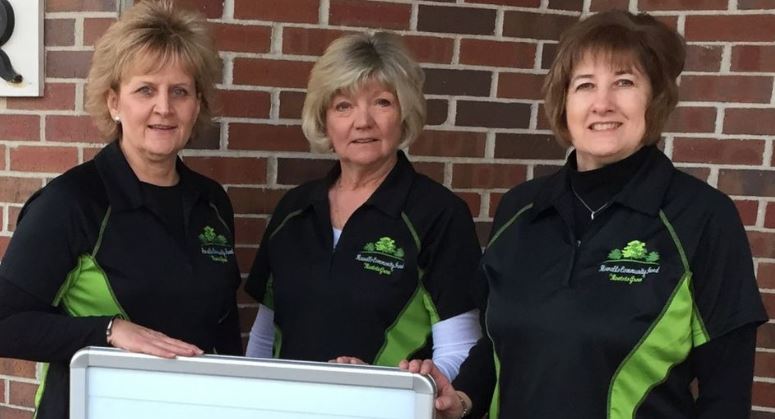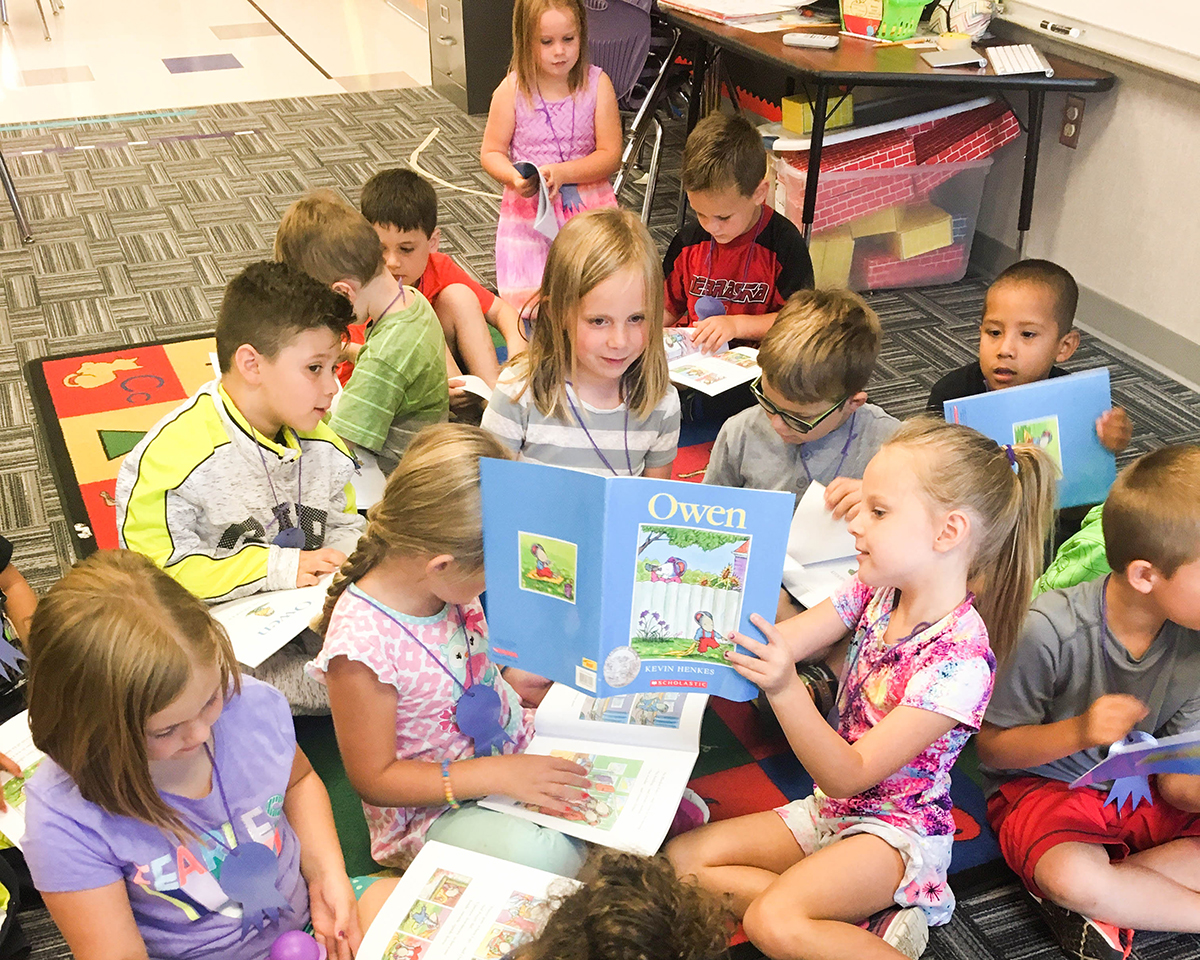 When not working behind the bar at Scratchtown Brewing Company, the brewery he co-owns and operates in Ord, Caleb Pollard uses his economics knowledge—both as a consultant and entrepreneur —to help fellow business owners succeed in Greater Nebraska.
When not working behind the bar at Scratchtown Brewing Company, the brewery he co-owns and operates in Ord, Caleb Pollard uses his economics knowledge—both as a consultant and entrepreneur —to help fellow business owners succeed in Greater Nebraska.
As he told a dinner crowd gathered for an Energizing Entrepreneurial Ecosystems (E3) peer learning session in Keith County, Nebraska is an ideal entrepreneurial laboratory.
“I’ll say this until I’m blue in the face: there’s not a better place to start a business than in rural Nebraska,” he said. “But we need people to help them walk through that process and connect them to opportunities.”
Pollard, a native of Nehawka in Cass County, has more than two decades of economic development experience in Nebraska. He currently serves as an entrepreneurial coach for Nebraska’s eCommunities program. He serves entrepreneurs in three counties, and he puts in the work to ensure they feel comfortable to ask for business advice. For Pollard, connection is essential to success, not to mention vital to preventing failure.
“If you’re not prepared to be intentional about building relationships with your business community and ensuring those legacies continue on, you’re going to see a mass erosion of your local business environment,” he said.
Greater Nebraska communities are in the midst of a massive demographic shift. Older generations, most notably the baby boomers, are retiring and leaving the workforce. Looking ahead, one might perceive a vacuum of business and community leadership if Generation X, Millennials, and Generation Z don’t step in to fill positions and roles held by their elders. For decades, Nebraska Community Foundation has espoused the need for leadership succession, people attraction, and youth engagement. If communities don’t come to terms with this demographic shift, the “silver tsunami” may douse the flame of development.
“What NCF has been talking about for a long time, rightfully so, is this coming wave of transition that is the baby boom population retiring or dying,” Pollard said. “That wave is here.”
The circumstances present a tremendous challenge, but with that comes significant opportunity. That’s where programs like E3 and eCoaches like Pollard come into the picture. By supporting local entrepreneurs, they help build a more resilient community. The program—a joint effort by Nebraska Community Foundation, NetWork Kansas, and e2 Entrepreneurial Ecosystems—is halfway complete, and participating communities are beginning to reap the benefits of peer learning, education, and planning sessions. The core cohort includes teams from Holt County, Keith County, Red Cloud, Sidney, and Valley County. Each team includes volunteers from different walks of life, including economic development professionals, bankers, municipal employees, and entrepreneurs.
Central to E3 is the belief that strong local entrepreneurship leads to multiple community benefits related to homegrown business owners’ tendency to want to stay rooted in the areas they serve. Building a culture where entrepreneurs have the resources they need to enrich their communities creates an ecosystem of mutual success. The goal is not just business success – it’s about advancing entire communities to meet the needs of the 21st century.
“It’s important to note that when local ventures are more competitive and doing better, their owners, families, and workers are more able to spend time, energy, and money in community building,” wrote economist and community development expert Don Macke in a 2022 book on rural prosperity. “When a venture and its owners are struggling to survive, there is little time to give back.”
Pollard said the E3 program can help create nurturing environments for entrepreneurs, new and experienced. Most are considering creating some kind of entrepreneurial navigator role in their communities, and some—like Sidney—have already hired someone to fulfill that position. As E3 approaches the end of its three-year schedule, volunteers will help one another continue to cultivate support systems in their respective communities.
“Like a farmer, you want to have a good harvest,” Pollard said. “You really have to focus on tending the soil and building mechanisms, programs, outreach, and support for those businesses that occupy your space.”
(Listen to Pollard’s full talk below!)



